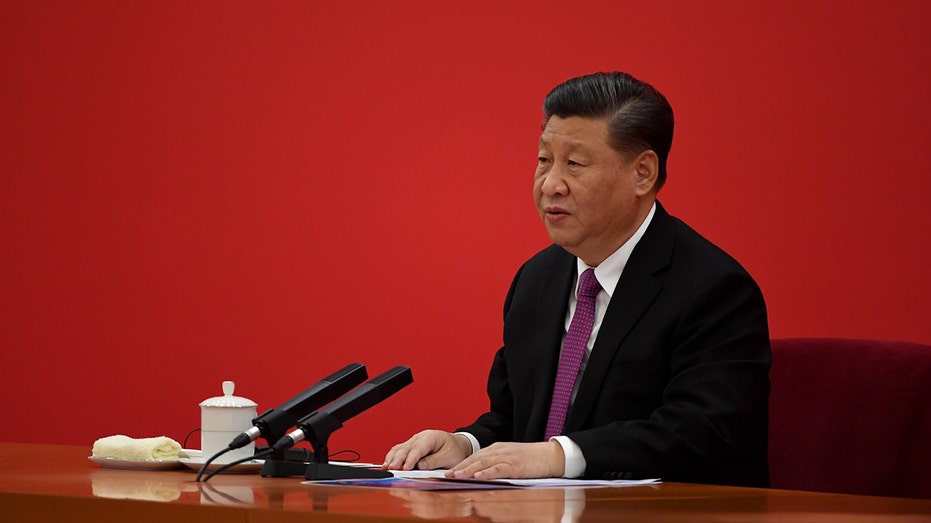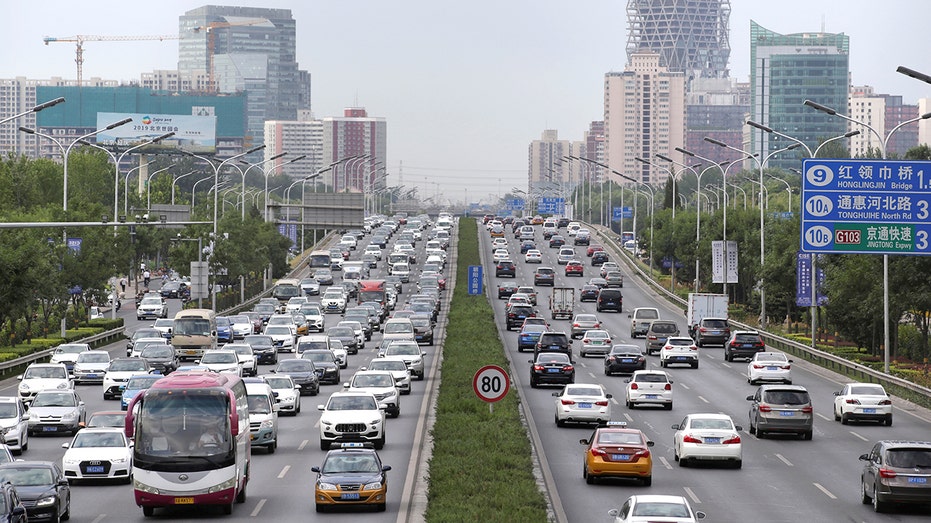Xi Jinping’s ‘common prosperity' was everywhere, but China backed off
The signature economic policy, aimed at reducing inequality, rattled businesses last year but has faded as Beijing refocuses on shoring up growth
China, Russia’s partnership ‘as strong as ever’: Zack Cooper
American Enterprise Institute senior fellow Zack Cooper discusses China’s partnership to Russia.
HONG KONG – China’s apparent retreat from one of its most important policy initiatives is showing how hard it is to remake the country’s economy and reduce inequality nearly a decade into Xi Jinping’s rule.
For most of last year, Xi trumpeted a signature program known as "common prosperity" aimed at redistributing more of China’s wealth, amid concerns that elites had benefited disproportionately from the country’s economic boom. The program underpinned many of Xi’s policy drives, including a clampdown on technology companies that were seen as exploiting their market power to boost profits.

Chinese President Xi Jinping speaks with Russian President Vladimir Putin via a video link, from the Great Hall of the People on December 2, 2019 in Beijing, China. (Noel Celis - Pool/Getty Images)
But while some aspects of the tech crackdown continue, other parts of the program have fizzled, as China shifts its priorities toward shoring up slowing growth.
Last year, the phrase "common prosperity" seemed to be everywhere, in state media, schools, and speeches by Xi and others. A historic resolution passed during Communist Party meetings in the fall, which puts him on equal footing with Mao Zedong, used the phrase eight times.

China's President Xi Jinping remotely addresses the 76th session of the United Nations General Assembly in a pre-recorded message, Tuesday Sept. 21, 2021, at UN headquarters. (UN Web TV via AP)
This year, it turned up just once in a 17,000-word government work report on the economy delivered by Premier Li Keqiang in March.

Cars drive on the road during the morning rush hour in Beijing, China, July 2, 2019. (REUTERS/Jason Lee)
The Finance Ministry’s latest budget report didn’t spell out specific targets for the central government to allocate resources to the campaign. In Zhejiang province, which was designated as the primary testing ground for the program, new economic plans make little mention of policies that could put more money in the pockets of less affluent households.
CLICK HERE TO GET THE FOX BUSINESS APP
Beijing has walked back some measures related to the campaign. The government last month shelved plans to expand a new property tax that could have funded social-welfare programs but faced opposition from elites and policymakers who worried it would push property values lower. Trial runs of the tax currently apply only to Shanghai and Chongqing.
To continue reading on The Wall Street Journal, click here.




















